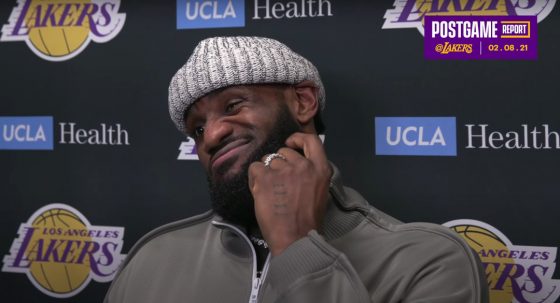While Walz has said the US-China relationship doesn’t need to be adversarial, he worked on bills critical of Beijing’s human rights record during his 12 years in the House of Representatives and was a member of the Congressional-Executive Commission on China, which focuses on human rights.
Loading
US vice presidents do not typically have a lot of say over foreign policy, but they can influence a president’s thinking about world affairs.
China specialist Dean Cheng said that Walz travelling to China as a college graduate wasn’t very significant, given that US views of China had evolved since Walz first visited.
“What is more noteworthy, to my mind, have been more recent comments by Governor Walz that he doesn’t see China as necessarily an adversary, and that he hopes there will be co-operation with them,” said Cheng, a non-resident senior fellow with the Potomac Institute for Policy Studies.
“It is harder and harder to see exactly where there is supposed to be co-operation. Which Chinese goals overlap with ours? Which Chinese behaviours are we prepared to countenance, since China is not in the habit of making concessions?”
Loading
Some experts said his experience would be an asset in dealings with Beijing.
“Walz has seen it all, understands the promise and peril of engaging with China, and can provide valuable advice on China issues to President Harris and her foreign policy team,” said Jeff Moon, a trade consultant and a former assistant US trade representative for China.
Harris made Walz her vice presidential pick on Tuesday in the biggest political decision of her nascent White House bid, which has energised her fellow Democrats after President Joe Biden’s decision to end his run for re-election.
In China, commentators on the popular Weibo social media platform expressed doubts over whether Walz’s history would influence US relations.
“The will of an individual is irrelevant in the face of the will of the nation – whether he is pro-China or anti-China, he has to be bound by the national interests of the United States,” one commentator said.
Trump launched a trade war against China while in the White House, and as a candidate this year, has suggested he would impose tariffs of 60 per cent or higher on Chinese goods.
His vice presidential choice, Senator JD Vance, has called China the “biggest threat” facing the United States.



















;Resize=(1180))

Discussion about this post